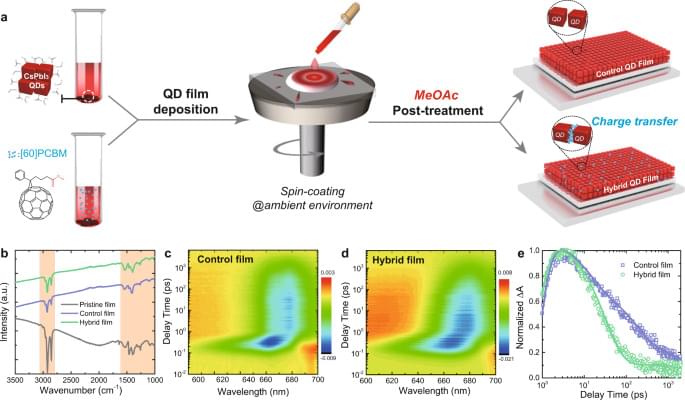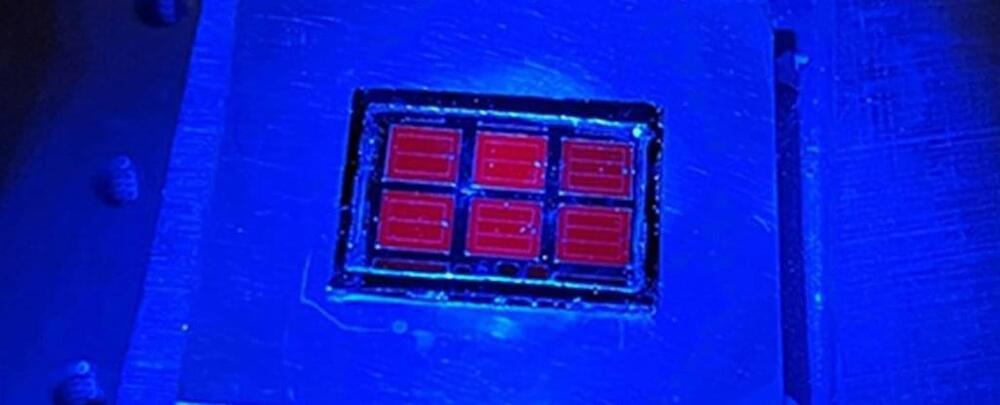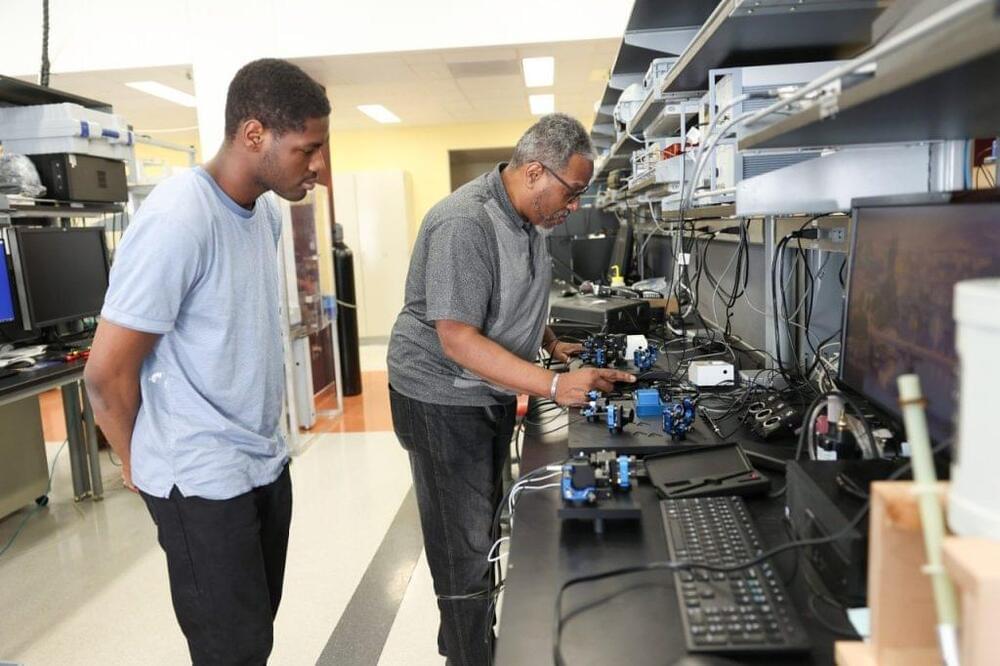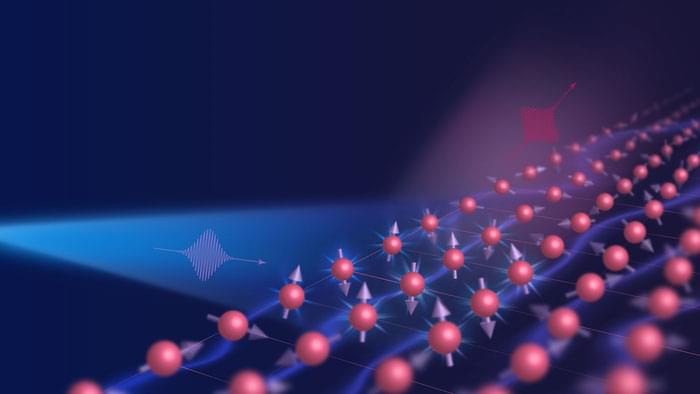From TVs, to solar cells, to cutting-edge cancer treatments, quantum dots are beginning to exhibit their unique potential in many fields, but manufacturing them at scale would raise some issues concerning the environment. Scientists at Japan’s Hiroshima University have demonstrated a greener path forward in this area, by using discarded rice husks to produce the world’s first silicon quantum dot LED light.
“Since typical quantum dots often involve toxic material, such as cadmium, lead, or other heavy metals, environmental concerns have been frequently deliberated when using nanomaterials,” said Ken-ichi Saitow, lead study author and a professor of chemistry at Hiroshima University. “Our proposed process and fabrication method for quantum dots minimizes these concerns.”
The type of quantum dots pursued by Saitow and his team are silicon quantum dots, which eschew heavy metals and offer some other benefits, too. Their stability and higher operating temperatures makes them one of the leading candidates for use in quantum computing, while their non-toxic nature also makes them suitable for use in medical applications.









